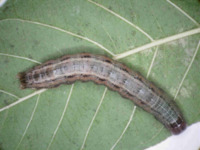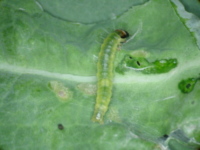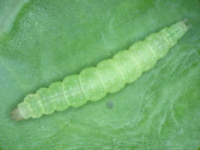Environmental changes threaten stingless bees
Everyone knows that bees are important pollinators of wild and cultivated plants worldwide. However, few know that pollination is responsible for an increase of more than US$ 570 billion in annual agricultural production! Unfortunately, many species of bees are threatened by human-induced environmental changes. This phenomenon is often called as colony collapse disorder and refers to the disappearance of bee populations in certain regions of the world.
Recognizing which factors influence the disappearance of bees is essential to develop conservation measures in order to save these species and the ecosystem services they provide. Recently, our group assessed the changes in land use within the distribution range of 10 stingless bee species native to Brazil. As we know, converting natural forests to urban or agricultural use can negatively affect several species. We also evaluated the effects of climate change on the distribution of these species and the efficiency of environmental protection areas for their conservation.

Changes in the distribution range of 10 species of stingless bees. Click on the image to see it larger.
We found that in the last few decades, there has been an increase in the agricultural area and a reduction in the natural forests within the distribution range of the studied species. This result indicates that the more susceptible species to environmental change may have a reduction in the number of colonies. In addition, our models predicted that seven out of the ten species studied will face a reduction in the climatically suitable areas by 2070. To make matters worse, the existing protected areas network is not sufficient to conserve climatically suitable areas for the stingless bees. These results show that conservation measures should be taken in order to preserve these species. The full article was published in the journal Regional Environmental Changes and can be accessed by clicking here.












Comments